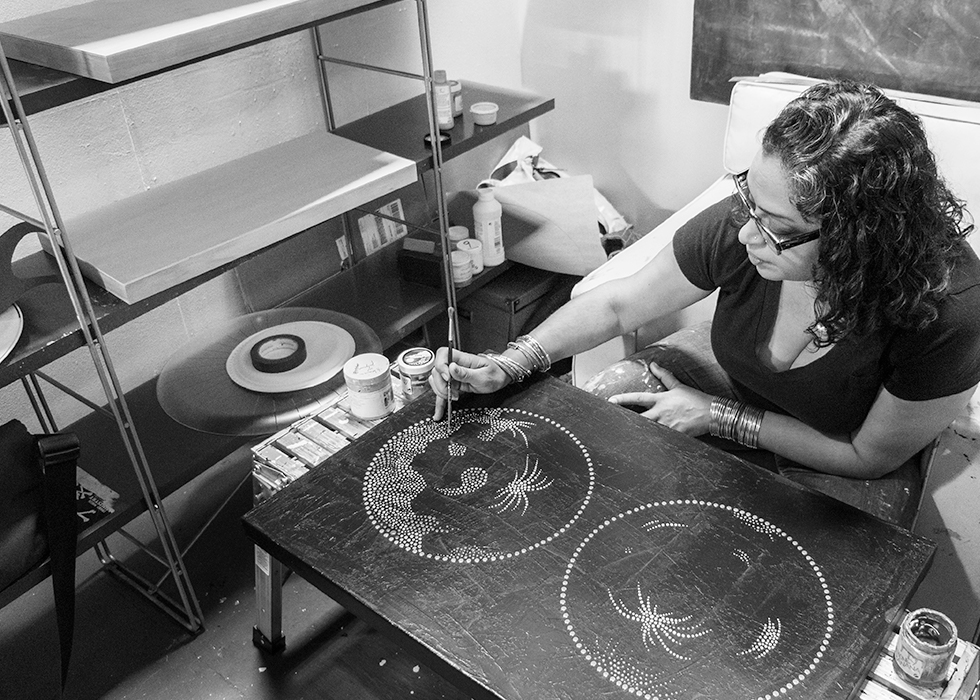Saving vs. Investing
Many new investors may not understand that saving and investing money are two entirely different things. They each play different roles in your financial strategy and your balance sheet.
Learn the differences between these fundamental concepts before you begin your journey to financial independence. It could save you from a lot of heartache and stress in the long run.
What is the definition of saving money?
Saving money is the process of putting cash aside and parking it in safe securities or accounts.
This can include:
Above all, cash reserves should be there when you need them. Having a ready amount of cash in your checking or savings accounts can help you in case of a financial emergency.
What is the definition of investing money?
Investing money is the process of using your money to buy an asset that you think has a good probability of generating a safe and acceptable rate of return over time.
True investments are backed by some sort of margin of safety, often in the form of assets or owner earnings. The best investments tend to be so-called productive assets such as stocks, bonds, and real estate.
How much should I save vs. invest?
Saving money should always come before investing money. The reason is simple: if times get tough and you need cash, but don't have enough in your checking or savings accounts, you might have to sell off investments to help bail you out. This isn't a good strategy in the long run.
There are two primary types of savings programs you should include in your life. They are:
- Your savings should be enough to cover all of your personal expenses, including your mortgage, loan payments, insurance costs, utility bills, food, and clothing expenses for at least three to six months. This is called an "emergency savings account." It's meant to be a safety net in the event of unforeseen circumstances.
- Any specific purpose in your life that will require a large amount of cash in five years or less should be savings-driven, not investment-driven.
Only after these things are in place, and you have health insurance, should you begin investing. The only possible exception is putting money into a 401(k) plan at work if your company matches your contributions.
That’s because not only will you get a substantial tax break for putting money into your retirement account, but the matching funds basically represent free money.
More about saving money
It may seem daunting now, but everybody has to start somewhere. Start by building your savings account and emergency fund first, then consider investing in stocks, bonds, or real estate.
Before you invest, make sure you have educated yourself enough to fully understand the risks. We have free online education resources and confidential one-on-one financial counseling should you need it.




